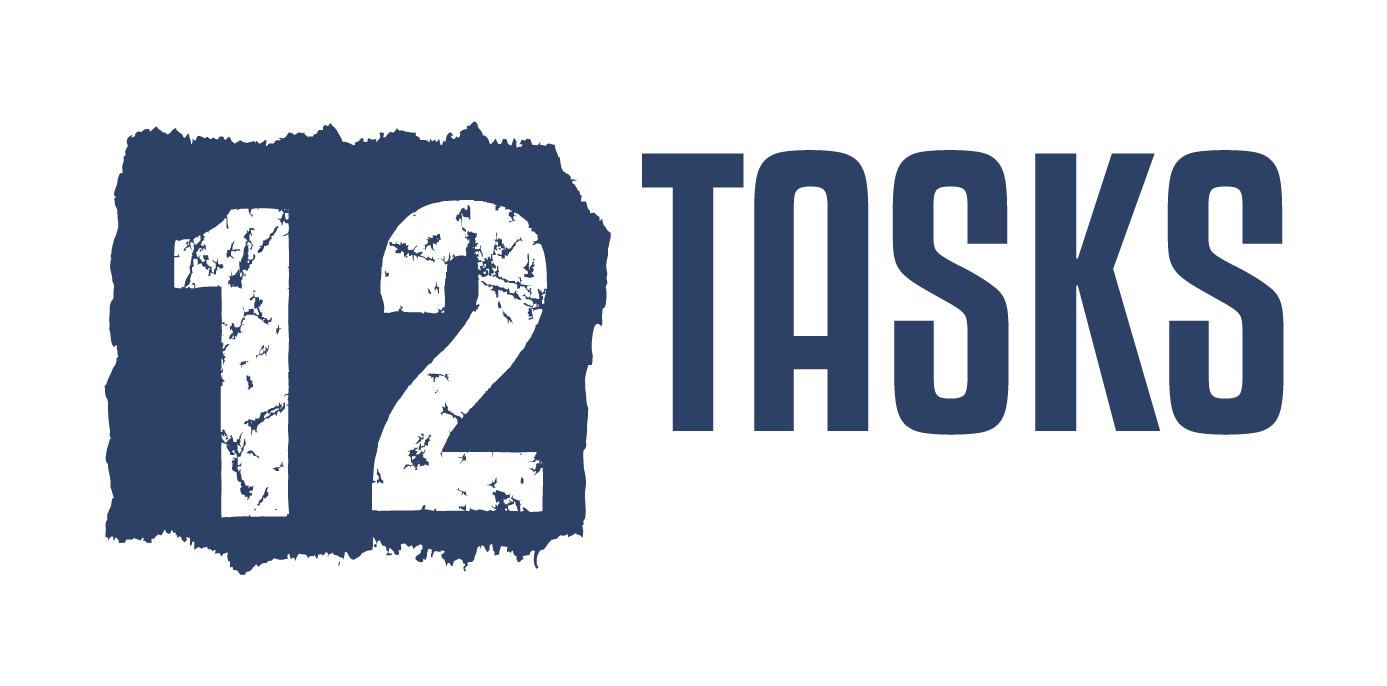It’s almost frightening for some parents to look at their emerging adolescent and to think that romance could be right around the corner for them. We look at our own series of relationships and wonder how to prepare and protect our little ones from a lifetime of regrets.
While your year of engaging in 12 Tasks may not immediately focus on romance, it is an important factor in the closing celebration time to share insights on relationship that you have garnered through the years. My grandsons are 16, 16, 15, 13, 11 and my granddaughters are 15, 13, 13, 11, 8, 6. That sounds like they’re right in the middle of the onramp to lasting relationship. What should their parents be considering at this stage and how should their parents be modeling relationship?
Joanne Davila gave a Ted Talk, back in 2016, on romantic competence. She suggested that it was never too early to be preparing our youth for healthy relationship. She noted that all of us want intimacy, security, good communication and a sense of being valued. None of us want to be in a relationship where there is contempt, criticism, hostility, violence, unresolved perpetual conflict, and a lack of support.
In order to achieve romantic competence, Davila proposed three skills she had discovered from her scientific research as a relationship coach. The three skills are insight, mutuality and emotional regulation.
Insight has to do with being aware, understanding, and learning about who you are, what you want in relationship, and why you do what you do. Insight helps you with awareness not only about who you are but who your partner, friend, or romantic interest might be. It helps you learn from mistakes.
Mutuality is the second skill and it means that both people have needs and both sets of needs matter. It involves a willingness to meet each other’s needs and to factor in both sets of needs into decisions that affect the relationship.
Emotional regulation is the third skills and it is about keeping emotions calm and keeping things in perspective. It allows one to tolerate discomfort, think through decisions clearly, and allows you to tell yourself that all is okay. It keeps you focused on the task at hand while maintaining self-respect.
Romantic competence leads to better relationship choices, better mental health, better communication, security, support and satisfaction.
Knowing that you, as a parent, will have to talk through some of these relationship skills with your emerging adult at the end of the 12 Tasks year is a good incentive to ensure that these skills are being modeled and practiced in your own relationships.
Practicing these skills is not only for your marriage. If you practice these skills between parent and child you will have plenty of specific encounters to draw on when you talk at a deeper level.
The start of a year is a good time to make any changes you need to in order to provide a good track record for what is coming. If you’ve been hesitating at initiating your adolescent into something like 12Tasks then take a look around you at what happens with those who have no solid parental influence and instruction to help them in this important area of life.
Life without regrets. That’s what we wish for. If only we had someone to help us when we were young enough to find the path forward. If you need guidance around inducting your adolescent into the world of romantic competence, feel free to contact us.

